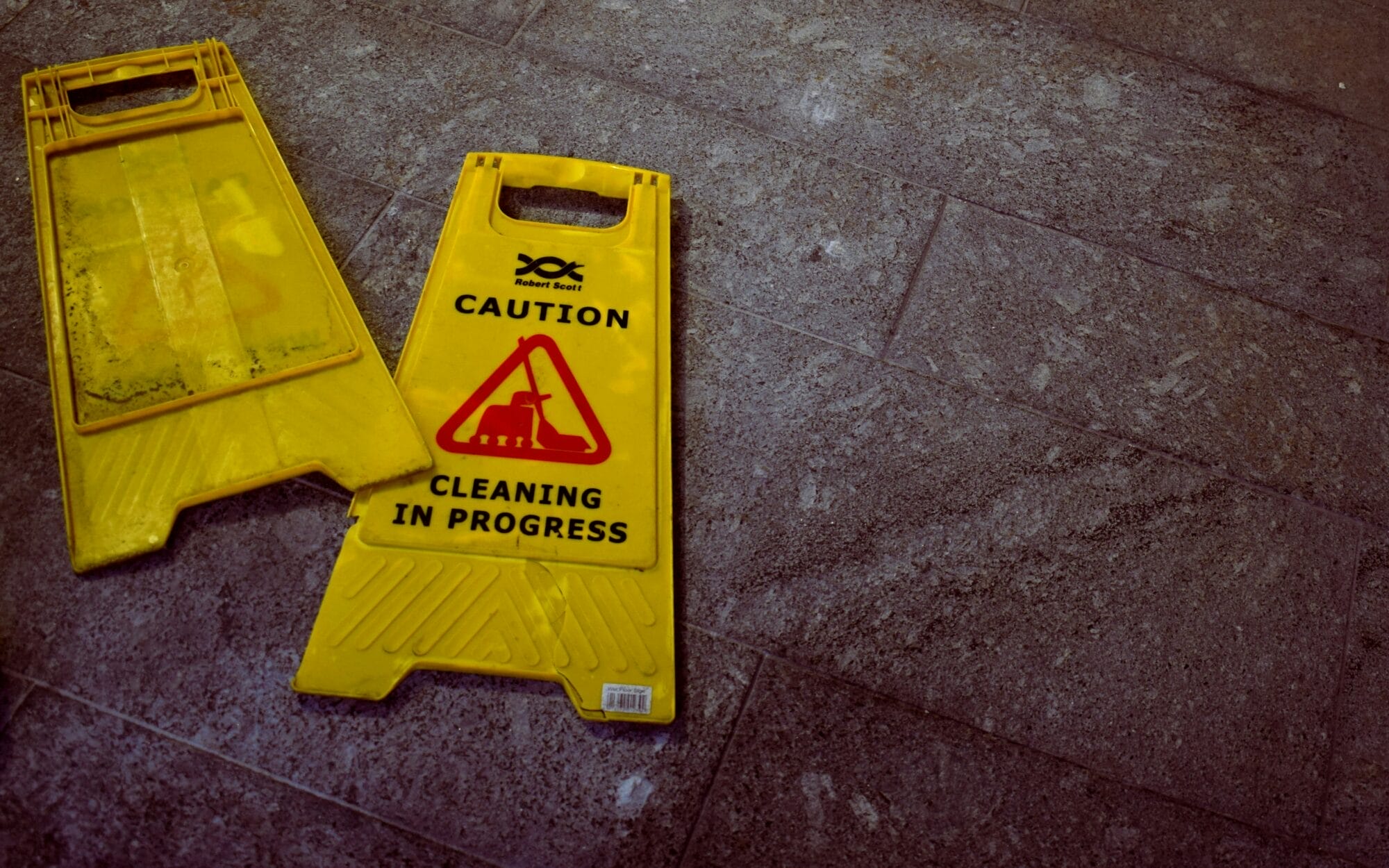Being injured in the workplace is traumatic enough, but having to wade through the process of obtaining compensation for your injuries can add frustration to an already emotional experience. If you are confused about workers’ comp benefits, do not get discouraged. Read on for a breakdown of the types of workers’ compensation benefits you may be entitled to receive.
Types of Workers’ Compensation Benefits
The benefits you receive will depend on your injury but generally they can be categorized into four groups: medical expenses, wage replacement, death benefits, and other (e.g., vocational rehabilitation and mileage reimbursement). Importantly, remember that in order to be eligible for any benefits you must immediately report the accident to your employer and file your claim with the Virginia Workers’ Compensation Commission no later than two years after your accident. Failure to adhere to certain procedures and deadlines can preclude any chance of recovering benefits, so when in doubt do not hesitate to contact an experienced workers’ compensation attorney.
Medical Benefits
You may be eligible for compensation related to medical expenses for authorized, medically necessary care for your injury. To receive medical benefits, you must obtain your care and treatment through the panel of physicians provided by your employer.
Compensable care and treatments include, but are not limited to doctor’s visits, hospitalizations, surgeries, physical therapy, occupational therapy, prescription drugs, prostheses, diagnostic tests (e.g., x-rays, MRIs, CTs), home health or in-home care, and psychological treatment. An employee awarded medical benefits is not responsible for any co-pays or out-of-pocket costs; there is no deductible.
Your employer (or its insurance carrier) is responsible for paying your medical bills for your lifetime for treatment related to your work injuries. They are also responsible for any care that provides temporary relief of symptoms or pain.
Temporary Disability Benefits—Lost Wages
Temporary disability benefits, also referred to as wage loss replacement, fall into two categories: temporary total disability benefits and temporary partial disability benefits.
Employees that require more than seven days off as determined by a physician because of a workplace injury or occupational disease may be entitled to temporary total disability (TTD) benefits. TTD benefits, also known as lost wages, are equal to 2/3 an employee’s pre-injury wages up to 500 weeks. TTD benefits are paid beginning the eighth day that you are unable to work due to your injuries. If you are out of work for 21 days due to your injuries, the insurance company will be required to reimburse you for the first seven days you missed work (retroactive wage loss benefits). These benefits are also subject to maximum and minimum compensation rates as listed by the Virginia Workers’ Compensation Commission.
If an employee can return to light work duty with restrictions but their pay is reduced or they work fewer hours, they may be entitled to temporary partial disability (TPD) benefits. TPD benefits provide 2/3 of the difference between the employee’s pre and post-injury wages. As with TTD benefits, the employee will not be compensated until they miss at least seven days of work due to an injury or illness, and if an employee misses 21 or more days they will receive payment for the first seven days of missed work.
Permanent Partial Disability Benefits—Loss of Use of a Body Part
Permanent partial disability (PPD) benefits, or scheduled loss benefits, are compensation for the loss of use of a body part, loss of a body part (amputation), loss of hearing or vision, body disfigurement, or scarring. To receive PPD benefits, a physician must determine that you have reached maximum medical improvement (MMI) and then give you a disability (impairment) rating for the injured body part. A doctor will often refer you to a physical therapist for a functional capacity evaluation (FCE). You must submit supporting medical documentation when filing a claim for PPD benefits.
PPD benefits are 2/3 of an employee’s average weekly wages for the number of weeks as determined by the fee schedule set forth in the Virginia Code. For example, if an injury causes the loss of the great toe, the fee schedule allows payments for 30 weeks. If an employee experiences a 50% loss of the great toe, they would receive 15 weeks of payments. An injured employee can receive PPD benefits even if they do not miss time from work because of the work-related accident.
Permanent Total Disability Benefits—Lifetime Wage Replacement
In the event your injuries are so severe that you cannot return to work, you may be entitled to permanent total disability (PTD) benefits. PTD benefits are paid at 2/3 of an employee’s pre-injury wages for the rest of their life. Injuries that result in the receipt of PTD benefits could include paralysis, disability from a severe brain injury, or loss of both hands, arms, feet, legs, or eyes (or combination of any two).
Death Benefits
In the event of a work-related death, the deceased’s spouse, children, or other dependents may be entitled to burial expenses (up to $10,000), transportation expenses (up to $1,000), or 2/3 of the employee’s average weekly wage up to 500 weeks. Benefits may be divided if there are multiple dependents.
Other Benefits
If a worker is unable to return to their normal job, they may receive vocational rehabilitation benefits to assist in finding new employment. These services may include payment for education or tuition reimbursement, assistance with resume writing or interviewing, and job search assistance.
Transportation and mileage reimbursement is available in multiple instances. For example, an employee may be reimbursed for travel to and from doctors’ or therapy appointments or job interviews. Transportation may also be provided by the worker’s compensation insurer in the instance where an employee has no transportation.
Employees must specifically file for a yearly cost of living adjustment, which is another benefit that applies to TTD, TPD, and TPD benefits.
Limitations of Workers’ Compensation Benefits
As you likely noticed from the above descriptions there is no compensation for pain and suffering. In addition, workers’ compensation benefits only pay a portion of your wages. However, employees receive workers’ compensation benefits rather quickly and without the hassle of filing a suit against their employers. Workers’ compensation benefits are an essential part of your recovery and return to work. Since the majority of employers are required to carry workers’ compensation insurance, you are likely entitled to receive benefits.
Work With an Experienced Workers’ Compensation Lawyer For Your Claim
If you have questions about your workplace injury, the types of workers’ compensation benefits, or your workers’ comp claim, do not delay in contacting the skilled worker’s compensation attorneys at Renfro & Renfro.






